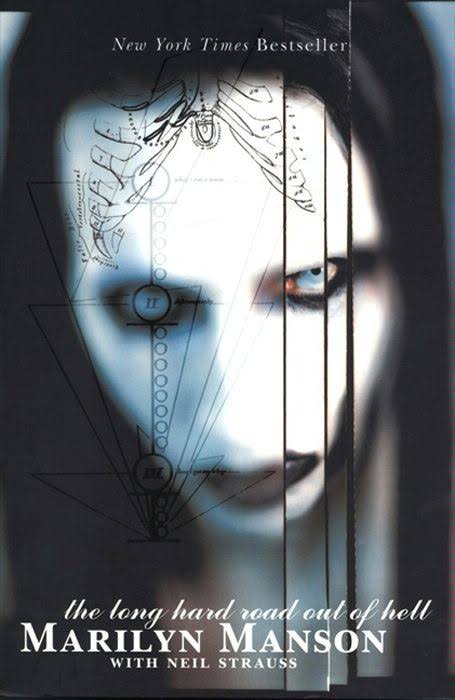Oh it’s been soooo long since I’ve posted a book review, not that I haven’t had books to review, I’ve just been lost in my writing, head over heels. Isn’t that such a good feeling? Well I’ve shaken myself out of my own imagination long enough to review this nice little book of poetry by Janavi Held, called ‘letters to my oldest friend’.

I first read Janavi’s poetry here on her blog. One of my favorite poems of hers is Time unhinged. So I decided to spring for the book. I love supporting fellow poets whenever I can, and I’m always looking for another magical book to transport me into someone else body.
This book of poetry is paired with a lineup of beautiful black and white photos, which makes for an impressive layout. The poetry itself is carefully written out and filled with pain. It returns often to the search for the divine and the shedding of the mundane world.
I’ve become (have been for a long time) a non-deist, which means I don’t believe in any Gods/goddesses at all. It’s not solely a matter of my mind, but also my heart. So there were times when I was reading this book that I struggled to connect with the feelings. I guess those corners of my soul are cold and full of shadows of yesterday. But if you (as most people do) have any belief in the divine, whatever name it holds, then you will certainly find this book compelling and inspirational.
I hope you will mosey over to Janavi’s lovely site and read some of her wonderful poems, whether you buy her book or not. She really is, in my opinion, a very powerful poet!
Many blessings!
Meno<3






